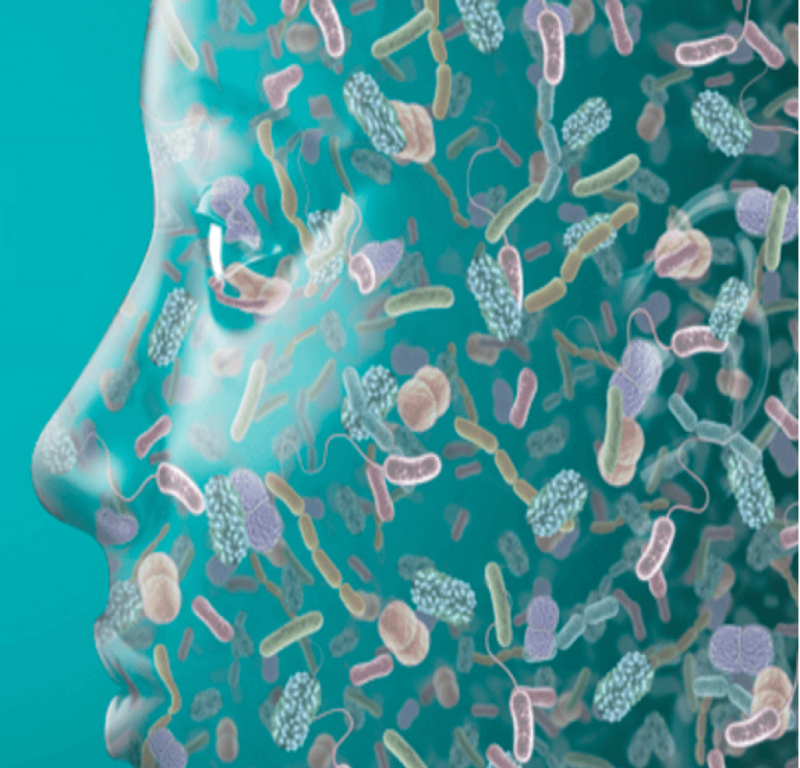The GLP aggregated and excerpted this blog/article to reflect the diversity of news, opinion and analysis.
February 29th kicked off the online “Microbiome Medicine Summit” which, like other advice on optimizing our bodies’ microbial communities, is largely hype shrouded in a guise of legitimate science. For all intents and purposes this summit is the meeting of the who’s who of alternative health woo. If the word isn’t in your vocabulary, add it now; woo is more than winning a lover’s heart. First coined by renowned critical thinker James Randi as “woo woo” to denote supernatural claims, the shortened “woo” refers to promotion of or belief in unsubstantiated claims.
With speakers like alternative medicine mogul Dr. Joseph Mercola, a vaccination opponent who was recently declared one of Alternet’s biggest fear-mongers, and bestselling author and public speaker Deepak Chopra, who says our gut bacteria listen to our thoughts (no kidding, I covered this here), the Microbiome Medicine Summit features several famous alternative health hucksters. Part of a series of online health seminars hosted by a company called “Health Talks Online,” the summit’s speakers promote evidence-scarce practices, distorting preliminary scientific evidence as a means to a quacktastic end.
Asserting that people with conditions like skin issues, anxiety, inability to lose weight, autism, diabetes and more can benefit from manipulating the microbiome, a term that refers to the entirety of bacteria and microbes harbored in one’s body (or the genes they contain), the summit’s website promises much, but does it deliver?
Yes, our microbiome responds to changes in diet, and it does influence our health. But advising people on how to transform their microbiomes with food and supplements is like telling a patient with paralysis to drink a stem cell smoothie procured from a shady online dispensary.
Read full, original post: Keep Calm And Avoid Microbiome Mayem































